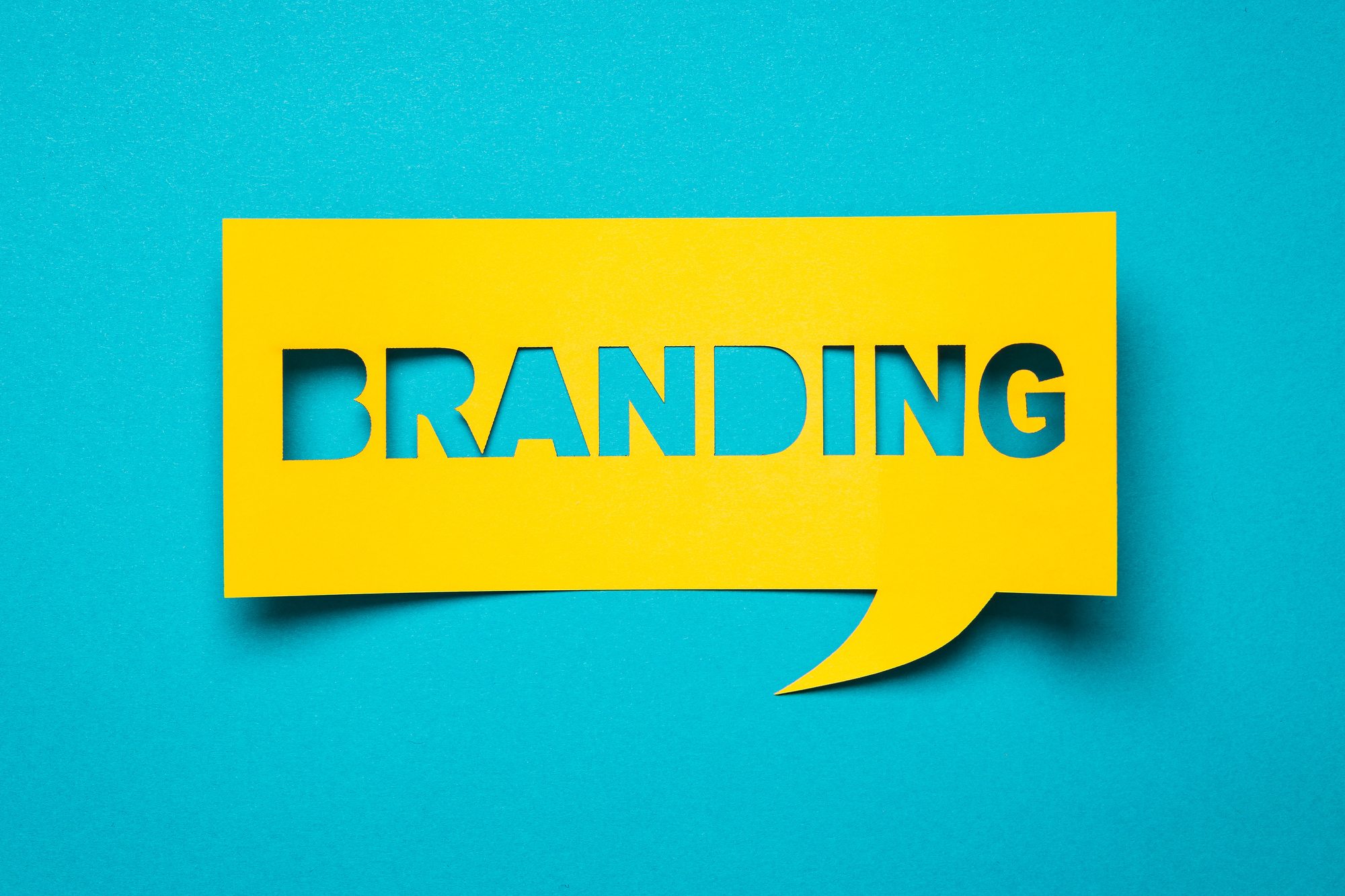Did you know that a company mascot can help generate 20% more buzz than a celebrity endorsement? How crazy is that! You would think a little character would pale in comparison to a well-known celebrity, but with its cute stature and brand awareness features, mascots are more than you may think.
So, should your company design a mascot? Well, it’s not that cut and dry; there are a few details you need to think about first. But don’t worry with this guide; we’ve outlined everything you need to know.
Now, are you ready to get started? Here’s a quick look at the pros and cons of company mascots:
Pros
Brand Awareness
One of the obvious advantages of a mascot is its ability to create brand awareness. With a distinctive mascot, you don’t need the company logo or name to be present to know who/what it is and what company the mascot is from.
Instead, the mascot speaks for itself. It even emphasizes your brand and gives a face to the company.
A good example of this is tony the tiger. The first thing your mind is drawn to is frosted flakes. You even know that they’re “gr-r-reat.” It’s attention-grabbing, entertaining, and results in brand recognition.
Mass Appeal
Who doesn’t like a cute, sometimes odd-looking cartoon character? No one that’s who; that’s why mascots have mass appeal; they relate to everyone.
Its mass appeal not only results in people liking the character but also reacting to it as well. Which is why mascots can lead to an increase in likes, shares, retweets, and comments for the company.
The more reactions not only increase viewership but also boost clientele and even sales. Thus, that cute little character can have a huge effect on company profits.
Cons
Chessy
Okay, we’ve all seen a few cheesy mascots in our day. However, mascots don’t have to be cheesy; usually, they become that way because they don’t represent the brand properly.
Companies typically look at what sells, not what customers appreciate. However, relating to your customer base is exactly what you want to do with a mascot, so it better be something a customer can appreciate. If it isn’t, your customers won’t appeal to it and generally won’t like it.
So to avoid having a cheesy mascot, look at what your customer values, your brand’s mission, or who your target audience is, and create a mascot that embodies those elements.
For example, if your business is a teddy bear company, then create a friendly teddy bear mascot. That’s just one idea; there’s a million more mascot ideas for companies; you just have to be creative and think outside the box.
Brand Disconnect
Now some people don’t realize this but creating a mascot for brand awareness isn’t always a good marketing strategy. For instance, if your business already has a strong logo and client following, adding a mascot may lead to a brand disconnect.
People may not understand this new mascot and not like how it meshes with your existing brand. It may even come off as trying too hard or pandering to new trends. Instead, if you want to appeal to more people, look at what your target audience likes and wants and try to accommodate those requests.
Should You Purchase a Company Mascot? The Answer Is Yes!
Deciding whether or not a company mascot is right for your business can be difficult. However, think about it this way, if you don’t have an established logo and clientele, following a mascot can be a great way to drum up some businesses.
Although, if you already have a strong logo and clientele, a mascot may only add confusion to your brand. Thus, do proper research and testing before formally adding a mascot to your company.
Now, for more information about mascot designs, visit our website today. We look forward to helping your business succeed!
